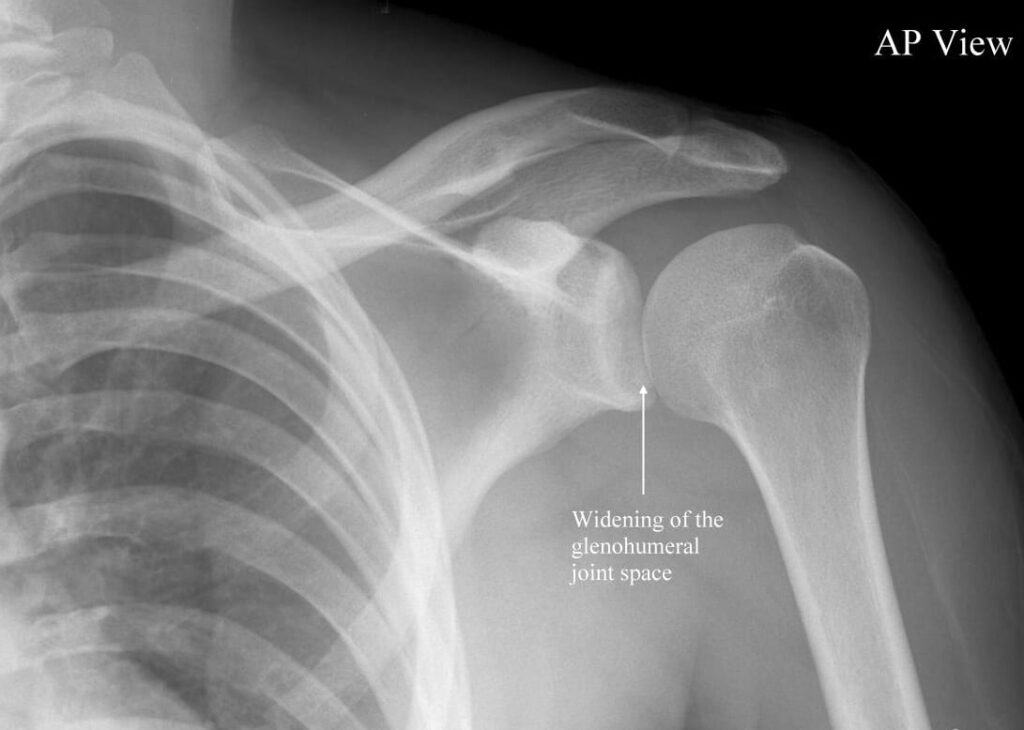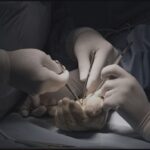
Shoulder dislocations are one of the most frequent contact and high-impact sports injuries. Whether a football tackle, a basketball fall, or an unnatural motion in tennis or cricket, the shoulder experiences instability for many athletes. Although a first-time dislocation is sore and inconvenient, the greater concern lies with recurring dislocations.
Recurrent shoulder dislocations are not only bothersome—they’re a red flag warning that the shoulder joint has become unstable and is at significant risk of long-term harm. That’s where specialist orthopaedic care, involving arthroscopic repair, comes in.
Understanding Shoulder Dislocation
A shoulder dislocation occurs when the upper arm bone pops out of the shoulder socket, leading to pain and joint instability. The most mobile joint in the body is also the most unstable, which is the shoulder. In sports, particularly sports with overhead movement or contact, that mobility is frequently pushed past its normal limits.
Dislocations are generally divided into:
Anterior dislocations (most common)
Posterior dislocations
Inferior dislocations
Symptoms include sharp pain, swelling, bruising, a visible shoulder deformity, and difficulty or inability to move the arm.
Why Recurrent Shoulder Dislocations Occur
After the shoulder dislocates, it overextends or tears the ligaments, tendons, and labrum (a soft cartilage that holds the joint in place). Without proper rehabilitation and treatment, the joint is still susceptible to future dislocations—despite minimal force.
Some of the important reasons for recurrent dislocations are:
Insufficient healing upon initial injury
Weak or ruptured ligaments (Bankart lesion)
Loose joint capsule
Lack of protective strengthening during high-impact sports
Poor rehabilitation following injury
Athletes who go back to sports too rapidly without repairing the underlying damage are frequently caught in a pattern of repeat injuries.
The Dangers of Not Treating Recurrent Dislocations
Though most athletes try to “shake it off” and keep playing, repeated shoulder dislocations can result in:
Chronic instability
Joint degeneration or premature arthritis
Greater risk of rotator cuff tears
Nerve injury or muscle weakness
Sports performance limitations
Overtime, these injuries can have a severe impact on quality of life, sports performance, and normal functioning.
Why Specialist Care Is Important
Recurrent dislocations are not only a sports setback—but an indication of structural damage that requires specialist care An orthopaedic sports injury specialist like Dr. Abhijeet Savadekar offers precise diagnosis and advanced treatment for a safe recovery.
Treatment options may include:
Physiotherapy & Strengthening Rehab:
For small instability or initial dislocations, a customized rehab program can enhance muscle strength and correct joint function.
Arthroscopic Stabilization Surgery:
A surgery that is minimally invasive to repair torn labrum or ligaments and tighten the capsule. This method is perfect for athletes aiming for quick recovery and minimal time away from their sport.
Open Surgical Repair:
In complex cases, open surgery may be needed for thorough repair and lasting stability.
Dr. Savadekar’s proficiency in shoulder arthroscopy and sports injuries guarantees patients precision care—from proper diagnosis to post-operative rehabilitation planning.
Rehabilitation & Recovery
Shoulder recovery post-treatment is a crucial process. Patients are walked through:
Range-of-motion exercises
Strength-building routines
Gradual return to sports protocols
Hastening the recovery or avoiding rehab sessions doubles the chances of further dislocation. Expert oversight guarantees long-term joint stability and athletic performance.
Preventing Future Dislocations
Preventive care must also be provided to athletes who have had one or more dislocations. These include:
Routine strengthening exercises for shoulders
Averting overhead strain before warming up
Taping or bracing during high-risk sports
Proper techniques during training and game play
Conclusion
Repeated shoulder dislocations are not an annoyance to be endured only until the injury heals—they are an indication that your joint requires medical care. Prompt specialist treatment not only prevents further injury but enables athletes to go back to the sport with confidence and strength.
If you’ve experienced shoulder instability during sports, consult Dr. Abhijeet Savadekar, a trusted orthopaedic surgeon and sports injury specialist based in Mumbai. With his expertise in shoulder injuries and advanced arthroscopic repair techniques, Dr. Savadekar provides personalized care to help you regain strength, restore stability, and return to peak performance with confidence.




